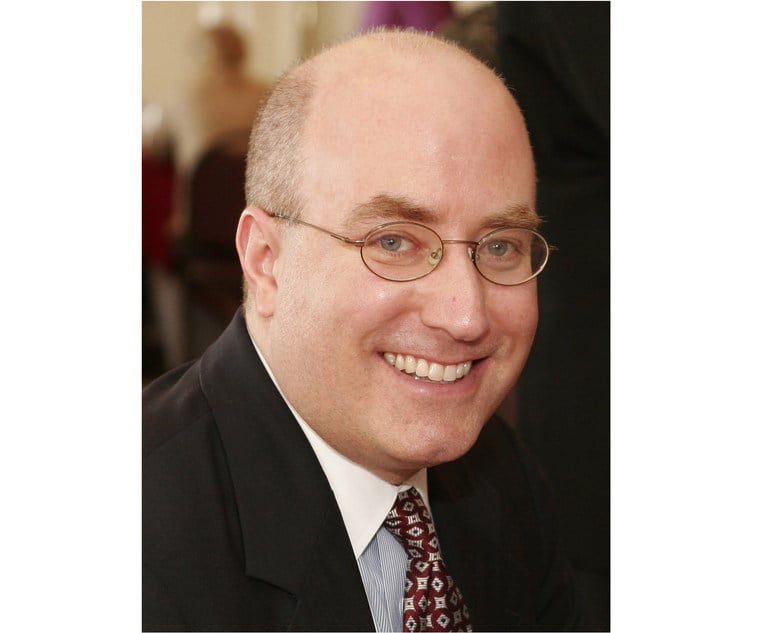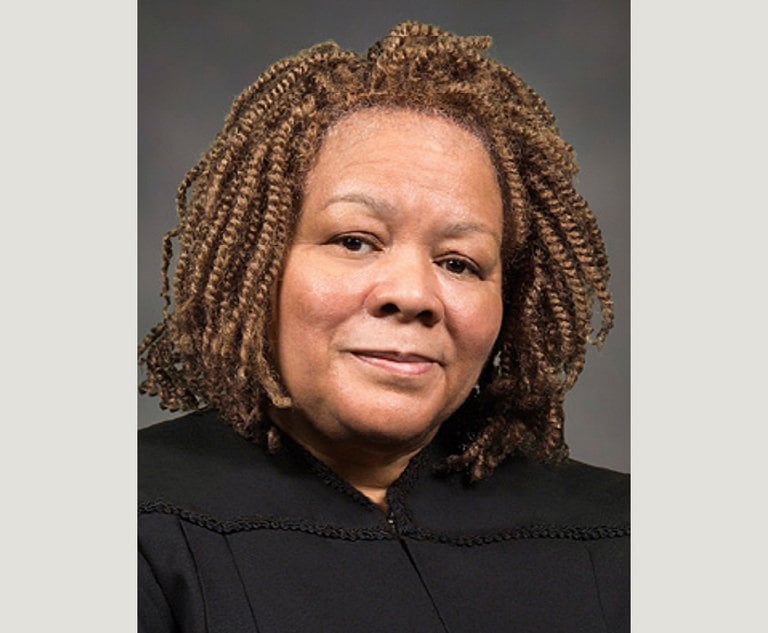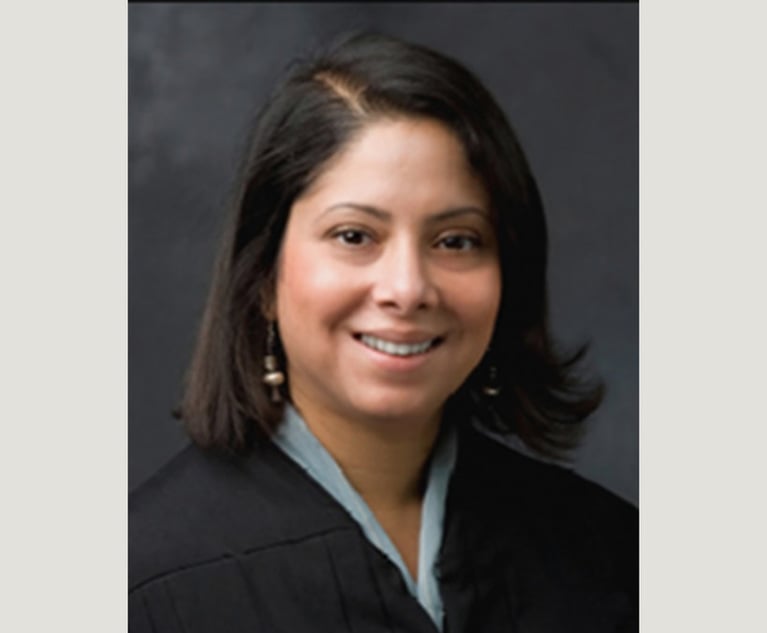On Dec. 1, the U.S. Supreme Court heard oral argument in a case titled Dobbs v. Jackson Women’s Health, in which the state of Mississippi is asking the court to overrule its decisions in Roe v. Wade and Planned Parenthood v. Casey, two rulings in which the court recognized a federal constitutional right to obtain a pre-viability abortion. The justices’ questions during the oral argument suggest a strong likelihood that a majority exists to overrule both Roe and Casey, which would then return the question of abortion rights to legislative control.
Passions run high both over whether a constitutional right to abortion exists and the moral issues involved in the entire abortion debate. This month’s column will not weigh in on either of those issues. Rather, the focus here will be on the significant practical issues that will arise if the court in June 2022, or sooner, announces that it has overruled Roe and Casey and how the court could address those issues in a way that was most faithful to fairly returning the subject of abortion regulation to the people through the legislative process.


 Attorney Howard Bashman.
Attorney Howard Bashman.




